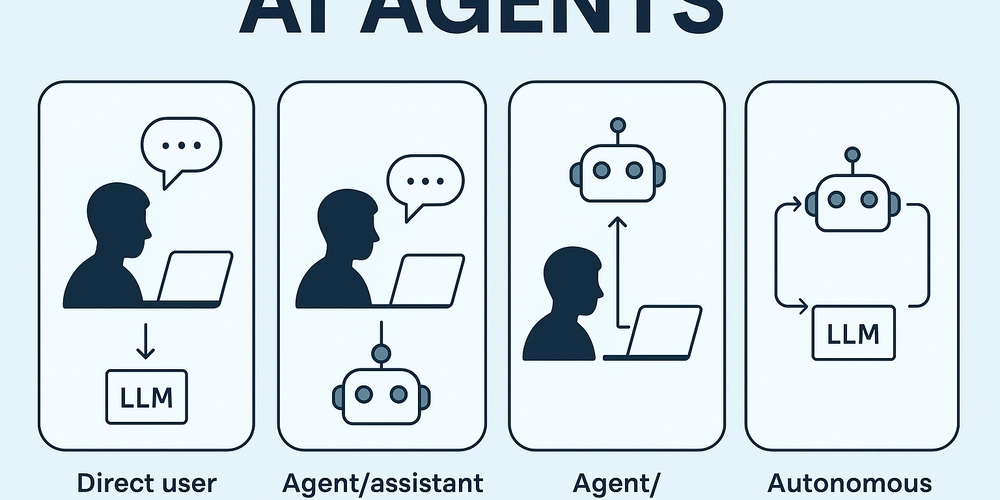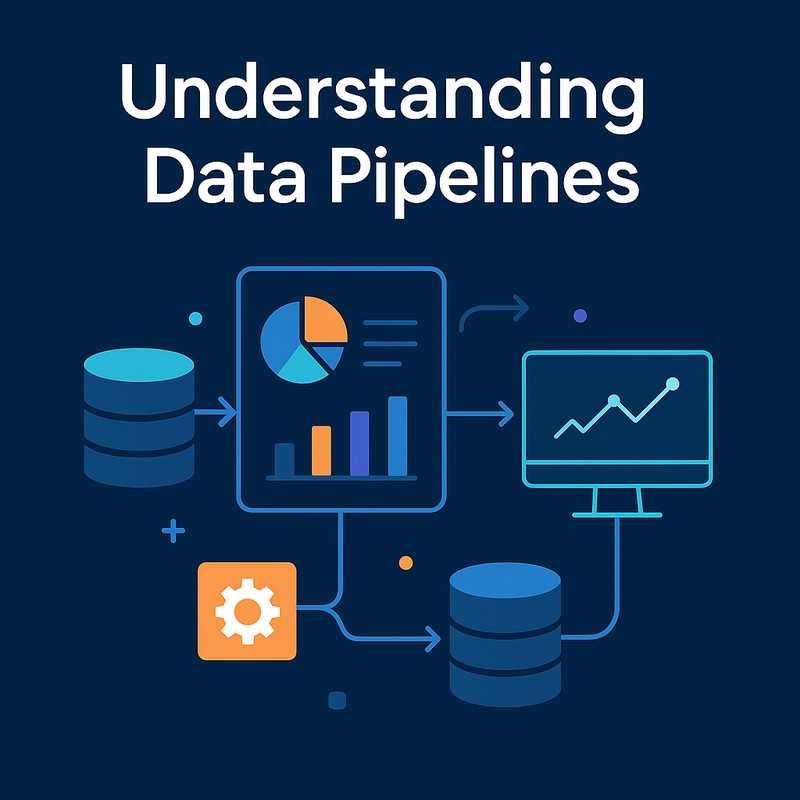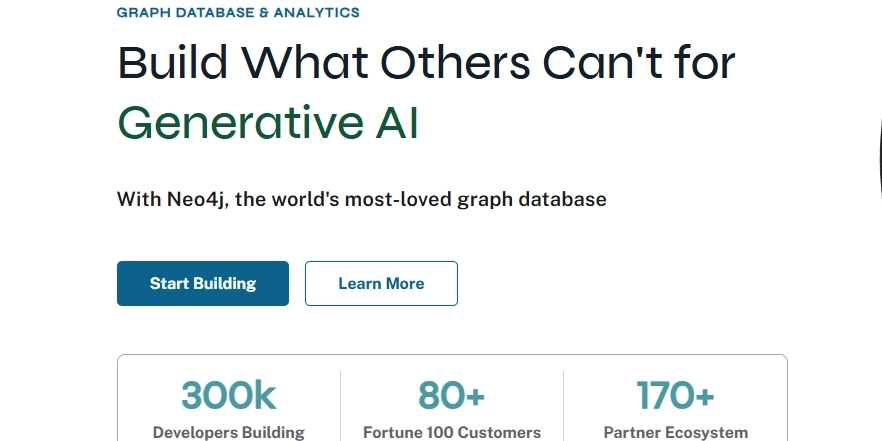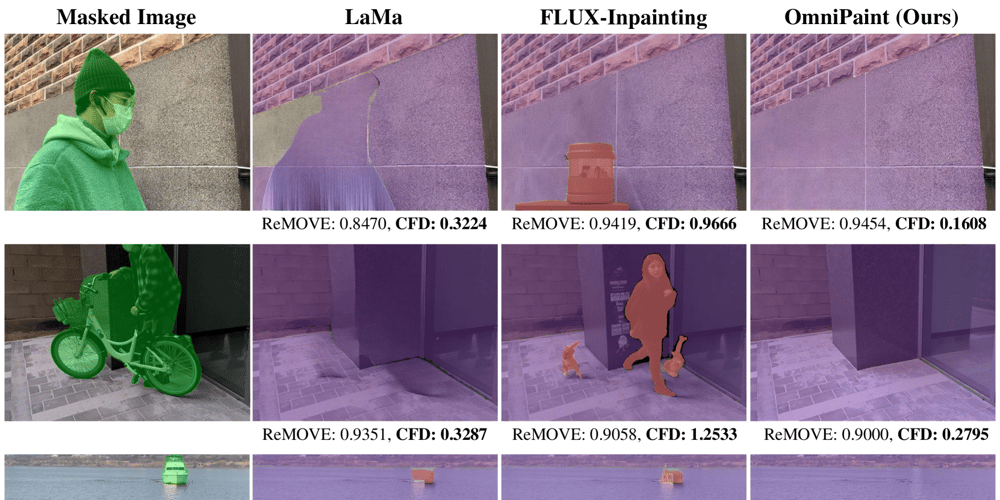Part 2: AI Agent Truly Intelligent?
What Makes an AI Agent Truly Intelligent? We’ve all heard the buzz around AI agents, but what really sets an intelligent agent apart from a basic chatbot or automation script? At the core, a powerful AI agent is built from five essential components — each working together to create a system that’s not just reactive, but proactive, adaptable, and intelligent. Profile / Persona This defines the identity and purpose of the agent. Is it a coder that writes backend logic? A tester that writes unit tests? A researcher that gathers insights? The persona sets the tone, behavior, and capabilities of the agent. Actions What can the agent actually do? This could include: Calling APIs Writing files Sending emails Generating code Interfacing with tools or databases The more precise and powerful the action set, the more capable the agent becomes. Knowledge / Memory An agent needs to remember context — not just within a session, but across interactions. This includes: Factual knowledge Past interactions Task history User preferences This memory layer is what enables long-term learning and personalization. Reasoning / Evaluation Can the agent analyze, compare, and make decisions? Good agents don’t just follow instructions blindly — they evaluate outcomes, suggest alternatives, and learn from errors. This is where AI starts to mimic critical thinking. Planning / Feedback Finally, an intelligent agent should be able to: Break down complex tasks into steps Execute a plan Adjust based on real-time feedback from the user or system Think of it as the agent’s ability to learn and improve through iteration. Wrapping Up We’re entering an era where AI agents will handle real-world responsibilities — from coding and testing to customer service and research. But only those agents with a strong foundation in these five components will truly deliver value.

What Makes an AI Agent Truly Intelligent?
We’ve all heard the buzz around AI agents, but what really sets an intelligent agent apart from a basic chatbot or automation script?
At the core, a powerful AI agent is built from five essential components — each working together to create a system that’s not just reactive, but proactive, adaptable, and intelligent.
Profile / Persona
This defines the identity and purpose of the agent.
Is it a coder that writes backend logic? A tester that writes unit tests? A researcher that gathers insights?
The persona sets the tone, behavior, and capabilities of the agent.
Actions
What can the agent actually do?
This could include:
- Calling APIs
- Writing files
- Sending emails
- Generating code
- Interfacing with tools or databases
The more precise and powerful the action set, the more capable the agent becomes.
Knowledge / Memory
An agent needs to remember context — not just within a session, but across interactions.
This includes:
- Factual knowledge
- Past interactions
- Task history
- User preferences
This memory layer is what enables long-term learning and personalization.
Reasoning / Evaluation
Can the agent analyze, compare, and make decisions?
Good agents don’t just follow instructions blindly — they evaluate outcomes, suggest alternatives, and learn from errors.
This is where AI starts to mimic critical thinking.
Planning / Feedback
Finally, an intelligent agent should be able to:
- Break down complex tasks into steps
- Execute a plan
- Adjust based on real-time feedback from the user or system
Think of it as the agent’s ability to learn and improve through iteration.
Wrapping Up
We’re entering an era where AI agents will handle real-world responsibilities — from coding and testing to customer service and research. But only those agents with a strong foundation in these five components will truly deliver value.










































































